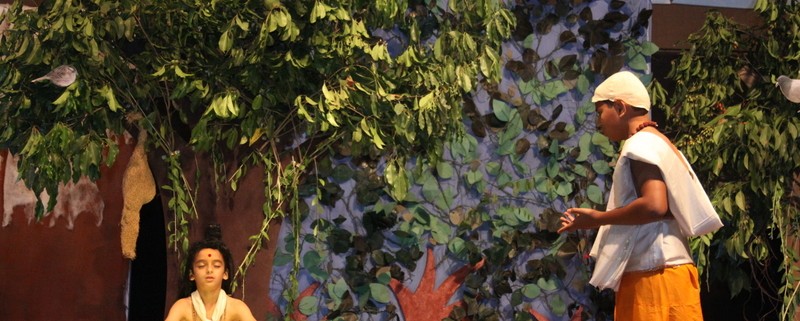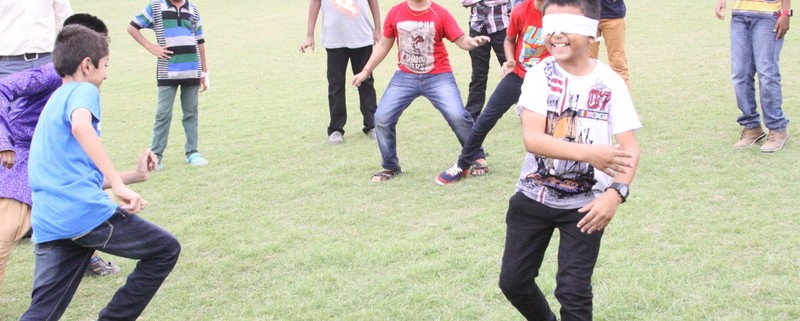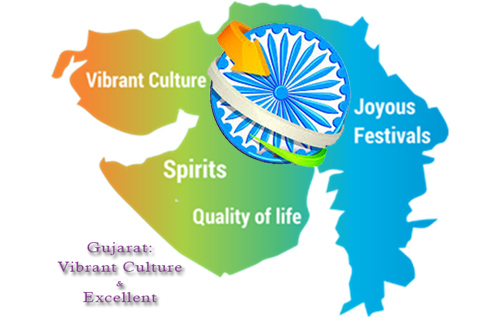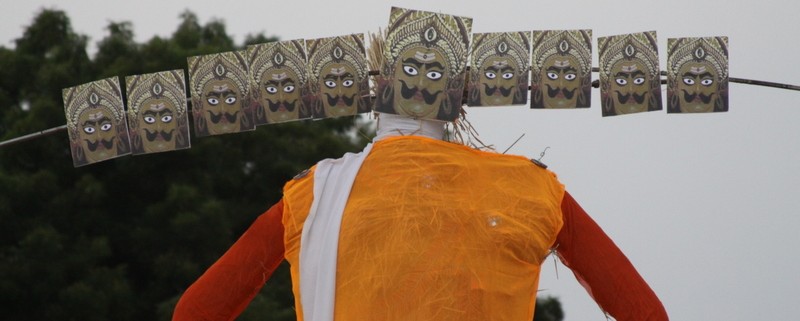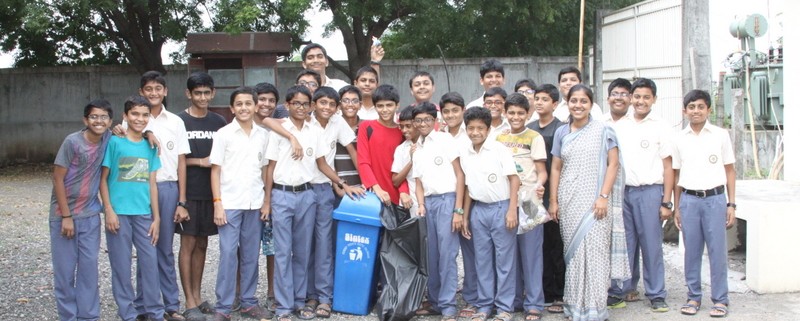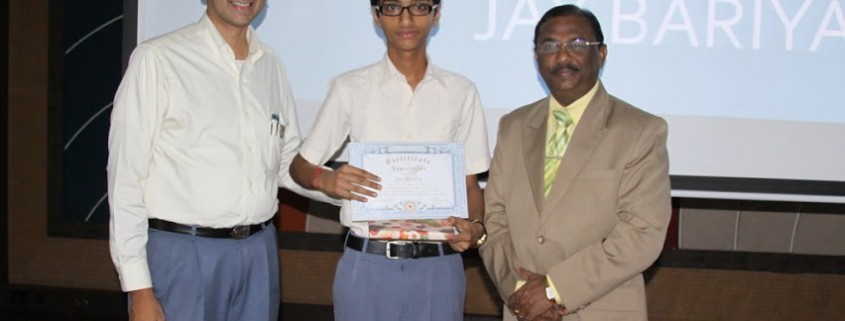Real Intelligence: Vachanamrut Pratham 18
Taking reference from the holy scripture Vachanamrut and excerpts from the blessings of Param Pujya Hariprasad Swamiji, the following was conveyed in the assemblies throughout the week:
- If we speak inappropriately, we fill ourselves with negativity via our tongue. Negative or inappropriate words take away our energy and decreases our ability to perform our daily tasks. When we eat inappropriately, that negativity is reflected out when we crave to taste a particular food item that we bind ourselves with and that leads to frustration when we don’t get it. It also lures us to overeat and makes us lazy.But if we speak appropriately and only about relevant things and also do not allow our sense of taste to defeat us, we will remain enthusiastic and energetic, and experience positivity in ourselves.
- If we listen to irrelevant or inappropriate words or music, it fills us with negativity. On the other hand, wise and positive words, good books, appropriate songs or bhajans increases the positivity in us. Relating to the daily experiences of students, it was highlighted that sometimes when we sit down to study or try to think about something new, we hear in our head, some music or song that we may have heard in the past. That actually divides our focus and ends up wasting our time.
- Our eyes are also remarkably capable of experiencing the world around us. Most of the times, we are not even aware of what we are seeing. If we allow our eyes to watch the negative of others or irrelevant things or inappropriate movies or shows, we will actually harm our own self. However, if we just see positive in others or allow our eyes only to see relevant and appropriate things, we shall experience an increase in energy and enthusiasm in our own self. Children also understood that memories of inappropriate movie scenes or irrelevant scenes or looking at the negative aspects of others or negativity in different situations, causes us to lose our concentration and even leads us to anxiety, anger and frustration.And the same is the case for our sense of smell and touch.
- Further it was made clear that our brain is like a sponge. It absorbs everything through the five senses. Anything we see, hear, taste, feel and smell will get stored in our brain. As a result, this will ignite emotions based on the quality it possesses.If the input is positive then it will help us to conserve our energy, keep us enthusiastic, motivated and bring eternal bliss.
If the input is negative and we keep or dwelling upon it again and again the effect of it will be brutal. It will be like taking an intoxicant, a drug that will take control of our thinking ability and not allow us to think appropriately and hence we will feel anxiety, anger, frustration etc… It will also be a waste of lot of energy and time.
- In Pratham 18, Shreeji Maharaj has also showed the way to keep our senses positive i.e. being with positive people, having darshan of Thakorji or saints, or watching appropriate documentaries or movies, can inspire us greatly.
Hence, Pratham 18 acts as an eye opener in our life. One who is aware of the ill-effects of dwelling on the negative things and puts consistent effort to maintain the positive inputs through one’s senses is a real intelligent person. Such a person will be able to conserve, nurture and utilize his energy to do productive tasks and will be able to achieve all his goals.
Children were also made aware that Shreeji Maharaj, towards the end in this Vachanamrut, says that “If you do so, I shall consider it to be equivalent to you having served Me in EVERY WAY. I will also bless all of you and be EXTREMELY PLEASED with you.”
Thus throughout the week we understood that
- Senses are the precious gift of God to humans. Moreover, capability to think is like icing on cake.
- We must be clear of what we want to do with our life. Have a goal, a destination to achieve.
- Keep the company of people who are positive, who aim high and who persevere to achieve their destination and goal.
- Perform daily religious and spiritual rituals like aarti, prayers, pooja and swadhyay.
- Have complete faith in God.
- Keep the company of God realised saint to get constant motivation and guidance.
Thus, it was understood that by keeping our senses positive, we are actually serving God and, that is the true service of our soul and hence, of God. A real intelligent person realises that there is no limit to the bliss of God. He understands that he is different from his body, he is aatma and his birth here is mainly to purify his aatma and attain higher bliss of God.


